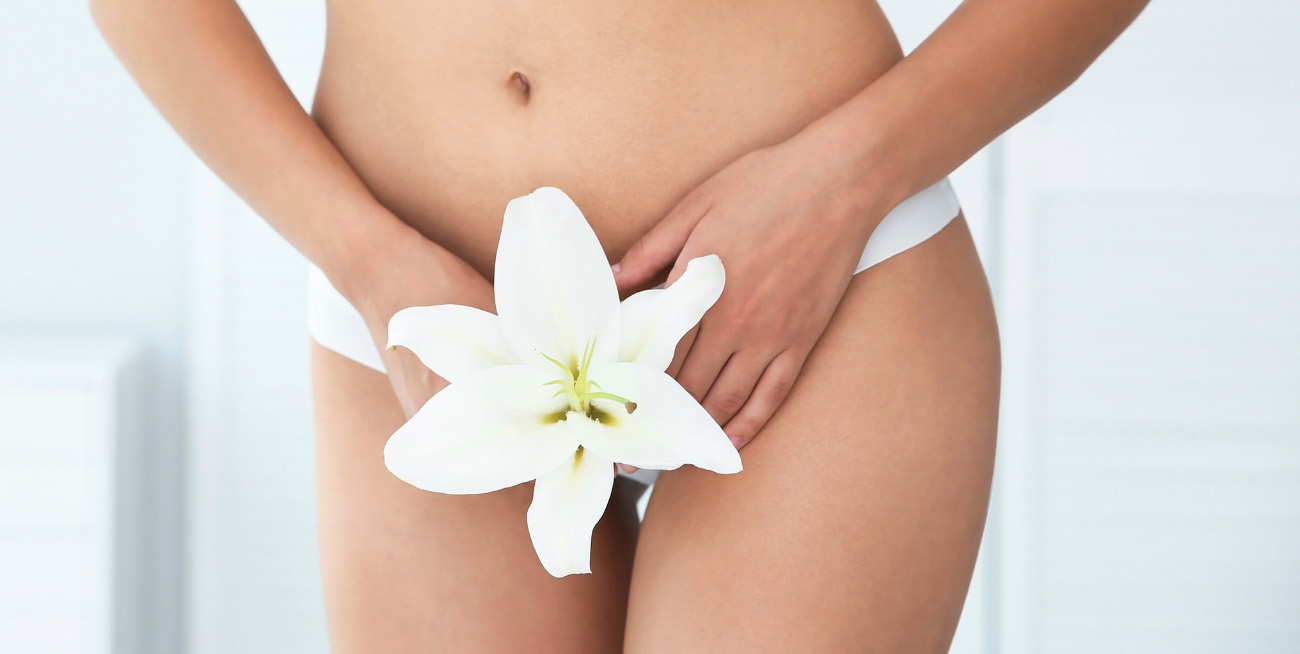
I.D.Clinic
Diagnosis and treatment of AUB – abnormal uterine bleeding from the genital tract
Abnormal uterine bleeding (AUB) refers to bleeding outside the normal menstrual cycle.
It significantly affects a woman's quality of life, negatively impacting her physical and psychological well-being.
What is abnormal uterine bleeding?
These are blood discharges that occur outside the normal cycle.
Main symptoms:
- Heavy menstruation.
- Cycle irregularities.
- Bleeding between periods.
Bleeding differs from the normal cycle in the duration of menstruation and its intensity.
Types:
- Prolonged bleeding lasting more than 8 days.
- Heavy bleeding – a significant volume of blood discharged.
- Intermenstrual bleeding – bleeding between periods.
- Postmenopausal bleeding – after menopause.
Causes of uterine bleeding
Hormonal disorders: imbalance of estrogen and progesterone, lack of ovulation causes cycle irregularities and bleeding.
Gynecological diseases:
- Endometriosis causes pain, heavy menstruation, and intermenstrual bleeding.
- Uterine fibroids lead to prolonged and heavy periods due to changes in uterine structure.
- Endometrial hyperplasia results in excess tissue in the uterus, causing bleeding.
- Polycystic ovary syndrome (PCOS) disrupts hormonal balance and ovulation.
Systemic diseases: blood clotting disorders, anemia, and thyroid gland pathologies affect the cycle.
Other factors: stress, medications, postpartum complications.
Symptoms and signs of AUB (Abnormal Uterine Bleeding)
Heavy, prolonged, or painful menstruation may indicate cycle irregularities. Bleeding between cycles, after intercourse, or during menopause requires attention as it may signal serious conditions.
If you experience weakness, dizziness, or fatigue, it is essential to consult a doctor.
Diagnostic methods:
Gynecological examination allows assessing the patient's condition and prescribing tests.
Instrumental methods: pelvic ultrasound for visualizing the uterus and ovaries; hysteroscopy for examining the uterine cavity; laparoscopy for diagnosing pelvic organs.
Laboratory tests: hormone analysis (FSH, LH, progesterone, prolactin, hCG) and coagulation tests.
Regular check-ups help to detect diseases in a timely manner.
Treatment methods:
Medication treatment: hormonal therapy (COCs, progestins) normalizes hormonal balance; antifibrinolytics reduce bleeding; anti-inflammatory drugs relieve pain; iron supplements treat anemia.
Surgical treatment: hysteroscopy for polyp removal, laparoscopy for fibroids or endometriosis, uterine artery embolization for fibroids.
Physiotherapy: electrotherapy and magnetotherapy strengthen blood vessels and improve uterine contractions.
Features of treatment in different age groups
Treatment of uterine bleeding in adolescents focuses on restoring hormonal balance through lifestyle adjustments.
In women over 40 and during perimenopause, it involves hormonal therapy and, if necessary, surgical treatment.
After menopause, it is essential to rule out oncological diseases by examining the endometrium.
The role of lifestyle in the prevention and treatment of uterine bleeding
A balanced diet rich in iron, vitamins C and K helps strengthen blood vessel walls.
Quitting harmful habits and managing stress improve overall health.
Physical activity helps maintain hormonal balance and reduces stress.
Prevention of abnormal uterine bleeding
Regular gynecological check-ups help detect disorders early, prevent the development of diseases, and avoid complications.
Monitoring hormonal balance and treating gynecological conditions help prevent menstrual cycle irregularities.
Self-administration of hormonal medications can cause serious health problems, so it is important to consult a specialist.
Frequently Asked Questions About Bleeding
Do heavy menstruation always indicate AUB?
How often should you visit a gynecologist for bleeding?
Is it possible to completely treat AUB without surgery?
What should you do if bleeding is accompanied by anemia?
Timely detection and treatment help prevent chronic diseases, alleviate symptoms, and reduce the risk of developing gynecological problems.
Do not delay visiting a doctor at the first signs of symptoms. The earlier you seek help, the more effective the treatment will be. Follow preventive recommendations to maintain women's health!

Latest blog
- Diagnosis and treatment of AUB (Abnormal Uterine Bleeding) 27 November 2024
- Diagnosis and treatment of infertility 27 November 2024
- Diagnosis and treatment of STIs 27 November 2024
- Diagnosis and treatment of various disorders of the menstrual cycle 26 November 2024
- International Congress on Bone Marrow Transplantation 29 October 2024
Phones
Work time
Saturday: 10:00-19:00
Sunday: Closed





